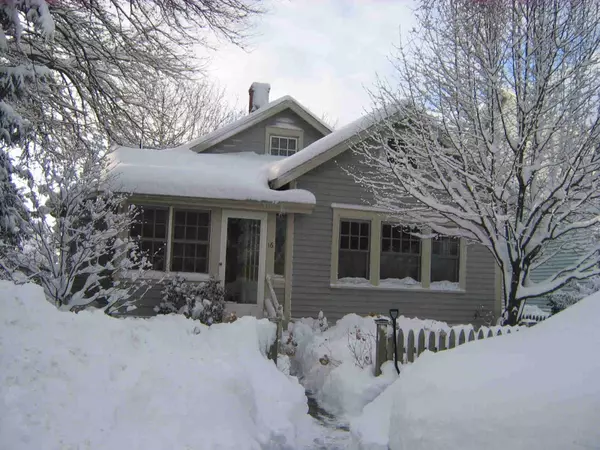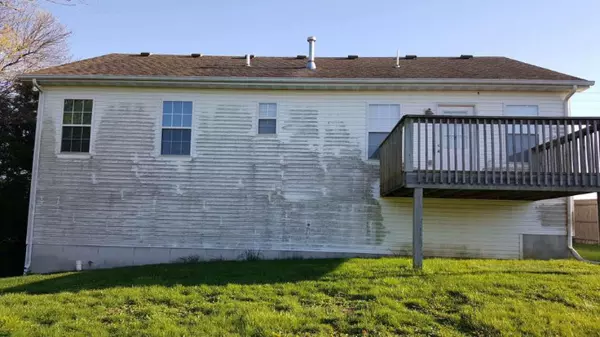Home Ownership: Facing and Emergency
From hurricanes to floods to fires, Mother Nature, accidents, and unforeseen circumstances all pose a threat to your home. That’s why taking steps safeguard your property from these and other home disasters are important. But what if the emergency is imminent?
Step 1: Make a plan
Creating an emergency plan now can prepare you and your family to respond safely to a disaster. To help, the Department of Homeland Security recommends the following:
- Develop a plan by discussing four questions with all household members:
(1) How will I receive emergency alerts and warning?
(2) What is my shelter plan?
(3) What is my evacuation route?
(4) What is my family/household communication plan?
- Consider special needs in your household. Customize your plans and supplies to your daily living needs and duties. Think about dietary or medical needs. Talk about these issues with household members. Create your own personal network for specific areas where you need assistance.
- Create a family emergency communication plan.
- Practice your plan with all household members.
Step 2: Stock up on supplies
To survive home disasters, you may need to shelter safely in place. That’s why the American Red Cross suggests stocking up on the following:
- 14-day supply of bottled water (1 gallon/person per day)
- 14-day supply of non-perishable, easy-to-prepare foods
- First-aid kit
- Battery-powered or hand-crank NOAAweather radio
- Flashlights with extra batteries
- Copies of personal documents: medication/medical information, proof of address, deed/lease to home, passports, birth certificates, insurance policies, family and emergency contact info
- One-week supply of medications and medical items
- Cell phone with chargers
- Paper maps of the area
- Pocket cash
Step 3: Know what to expect in the recovery phase
After a disaster hits, the recovery period can take days to months.
- Know how to contact and reunite with your household members.
- Listen to radio and TV stations for the latest info and updates.
- If you evacuated, don’t go back home until it’s been deemed safe. Beware of road hazards, fallen power lines, broken gas lines and other damage.
- Contact your insurance agent to file any loss claims.
Don’t think that the awful events on the news all the time can’t happen to you and yours. For instance, FEMA data shows that about 1/4th of claims filed came from people living in so-called “low-risk” areas.
It pays to prepare.
Categories
GET MORE INFORMATION











